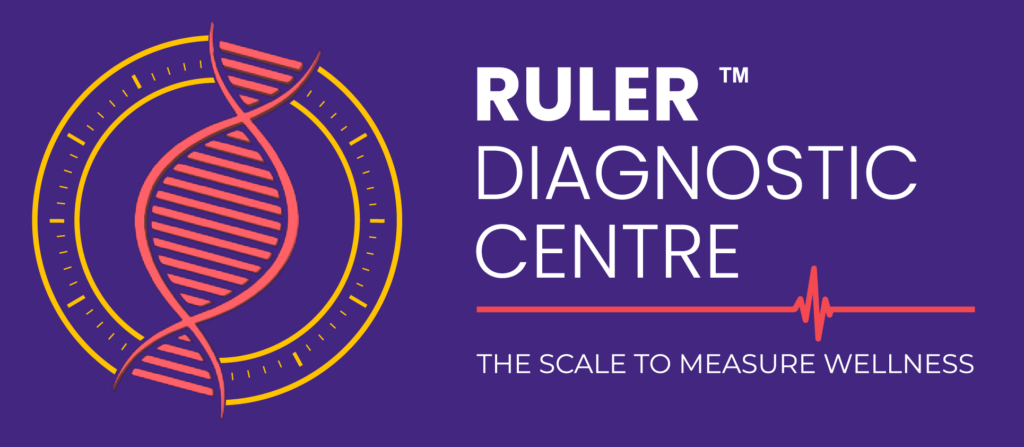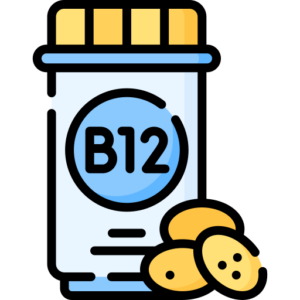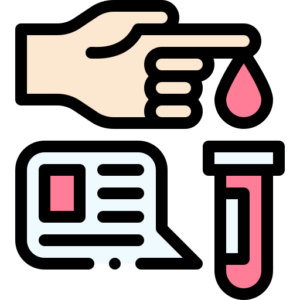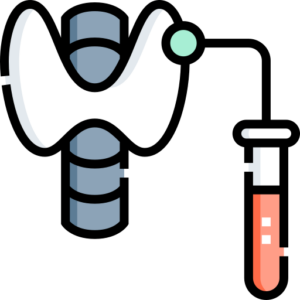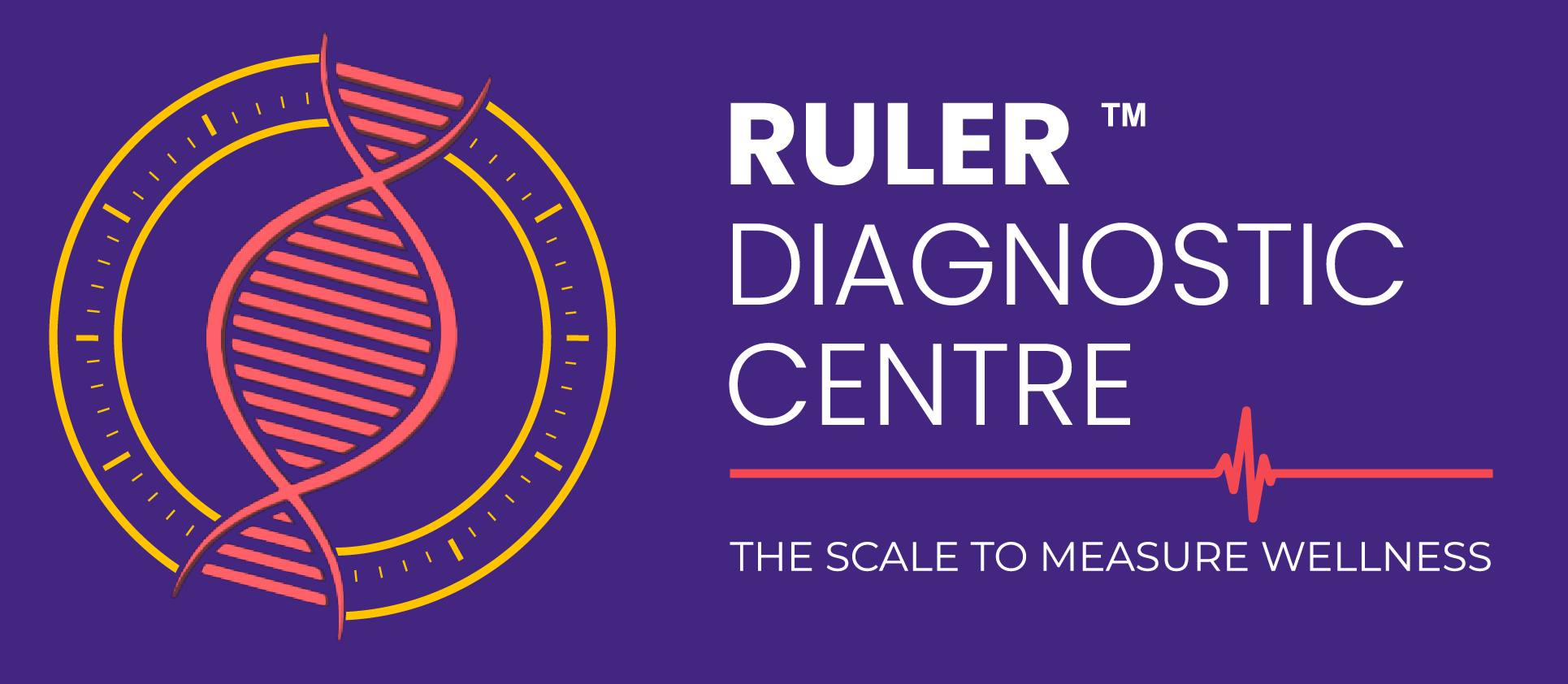Blood Tests
-
Vitamin D Test
Rated 0 out of 5A vitamin D test measures the level of vitamin D in your blood. It helps diagnose deficiencies that can lead to bone disorders like osteoporosis and rickets. This test is essential for maintaining bone health and overall well-being, especially in individuals with limited sun exposure or dietary intake of vitamin...
-
Vitamin B12 Test
Rated 0 out of 5A vitamin B12 test measures the level of vitamin B12 in your blood. This test helps diagnose deficiencies that can lead to anemia, neuropathy, and cognitive issues. It is crucial for assessing overall health, especially in individuals with symptoms of deficiency or those at risk due to dietary restrictions or...
-
Troponin Blood Test
Rated 0 out of 5A troponin blood test measures the levels of troponin proteins in your blood, which are released when the heart muscle is damaged. It is primarily used to diagnose heart attacks and other cardiac conditions. Elevated troponin levels indicate heart injury, making this test essential for timely diagnosis and treatment.
-
Thyroid Function Tests
Rated 0 out of 5Thyroid function tests measure levels of thyroid hormones (T3 and T4) and thyroid-stimulating hormone (TSH) in your blood. These tests help diagnose thyroid disorders such as hypothyroidism and hyperthyroidism and monitor treatment effectiveness. Regular testing is crucial for detecting imbalances, ensuring proper thyroid function, and maintaining overall metabolic health.
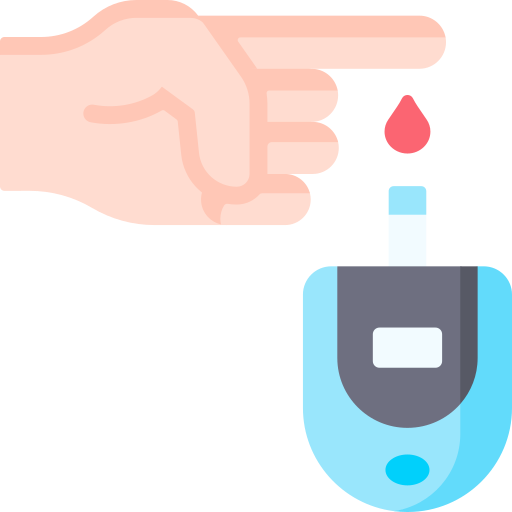
Blood Glucose Test
A blood glucose test measures the amount of sugar (glucose) in your blood. It's crucial for diagnosing and monitoring diabetes, assessing how well your body manages glucose, and helping guide treatment decisions to maintain healthy blood sugar levels. Regular testing is essential for effective diabetes management.
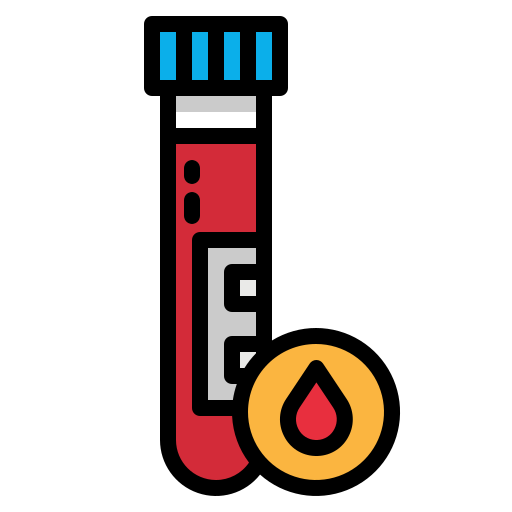
Calcium Blood Test
A calcium blood test measures the level of calcium in your blood. It's essential for diagnosing and monitoring conditions related to bones, kidneys, and thyroid, ensuring proper muscle function, nerve signaling, and heart health. Regular testing helps manage and detect potential health issues related to calcium imbalances.

Cholesterol & Lipid Tests
Cholesterol and lipid tests measure the levels of cholesterol and other fats in your blood. These tests are crucial for assessing heart health, identifying risks for cardiovascular diseases, and guiding treatment plans to manage cholesterol levels. Regular testing helps in maintaining a healthy heart and preventing related conditions.
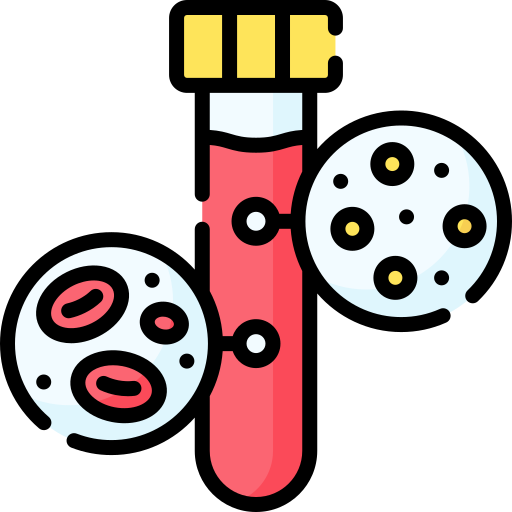
C-reactive Protein (CRP) Blood Test
A C-reactive protein (CRP) blood test measures the level of CRP in your blood, which increases in response to inflammation. It helps diagnose and monitor infections, chronic inflammatory diseases, and conditions like heart disease. Elevated CRP levels can indicate inflammation or an underlying health issue.
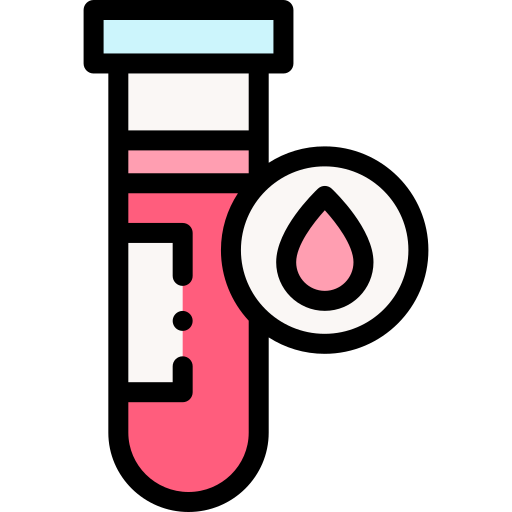
D-dimer Test
A D-dimer test measures the presence of a specific protein fragment produced when a blood clot dissolves. It's used to diagnose and monitor conditions related to abnormal clotting, such as deep vein thrombosis (DVT), pulmonary embolism (PE), and disseminated intravascular coagulation (DIC).
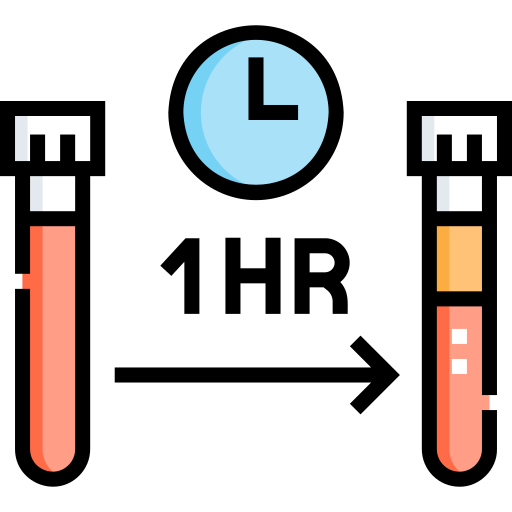
Erythrocyte Sedimentation Rate (ESR) blood test
An erythrocyte sedimentation rate (ESR) blood test measures the rate at which red blood cells settle at the bottom of a test tube over an hour. It helps detect inflammation in the body and is used to diagnose and monitor conditions like infections, autoimmune diseases, and cancers.
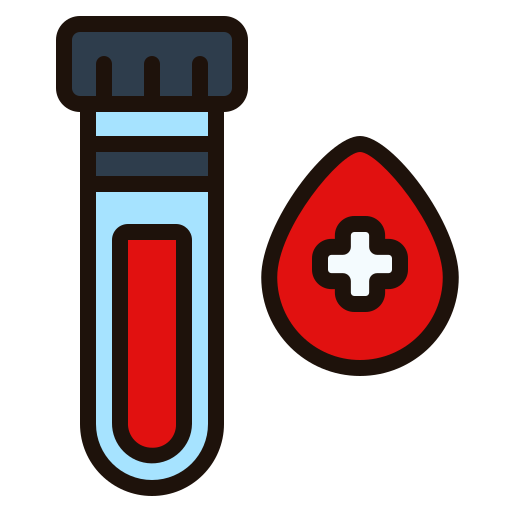
Folate Blood Test
A folate blood test measures the level of folate (vitamin B9) in your blood. It helps diagnose deficiencies that can lead to anemia, monitor nutritional status, and assess overall health. Adequate folate levels are essential for DNA synthesis, cell division, and proper brain function.

Full Blood Count (FBC)
A full blood count (FBC) measures the levels of red blood cells, white blood cells, platelets, hemoglobin, and hematocrit. It's essential for diagnosing and monitoring conditions like anemia, infections, and blood disorders. FBC provides a comprehensive overview of your overall health and helps guide treatment decisions.
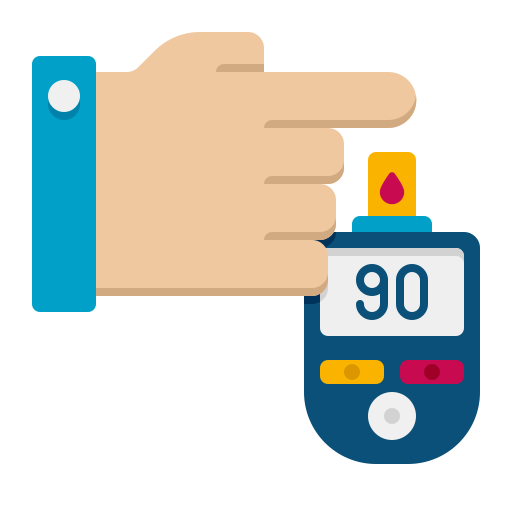
HbA1c Test
An HbA1c test measures your average blood sugar levels over the past two to three months. It's crucial for diagnosing and monitoring diabetes, providing insight into long-term glucose control. Maintaining optimal HbA1c levels helps prevent diabetes-related complications and guides effective management strategies.

hCG Test
An hCG test measures the level of human chorionic gonadotropin (hCG) hormone in the blood. It's commonly used to confirm pregnancy, monitor its progress, and diagnose certain conditions like ectopic pregnancies or potential fertility issues. Elevated hCG levels indicate pregnancy or other medical concerns.

Iron Studies Blood Test
An iron studies blood test assesses various indicators related to iron levels in your body. It measures serum iron, ferritin, total iron-binding capacity (TIBC), and transferrin saturation. This test helps diagnose iron deficiency anemia, iron overload conditions, and monitor iron treatment.

Kidney Function Blood Tests
Kidney function blood tests evaluate how well your kidneys are working by measuring substances like creatinine, urea, and electrolytes in the blood. These tests help diagnose kidney disease, monitor kidney function, and guide treatment for conditions affecting kidney health.

Liver Function Tests
Liver function tests measure levels of liver enzymes, proteins, and bilirubin in your blood. They help assess liver health, diagnose liver diseases such as hepatitis or cirrhosis, and monitor the effectiveness of treatments. Regular testing is essential for detecting liver dysfunction and ensuring proper liver function.

Magnesium Blood Test
A magnesium blood test measures the amount of magnesium in your blood. Magnesium is vital for many bodily functions, including muscle and nerve function, heart rhythm, and bone health. This test helps assess magnesium levels to diagnose conditions such as hypomagnesemia (low magnesium) or hypermagnesemia (high magnesium).
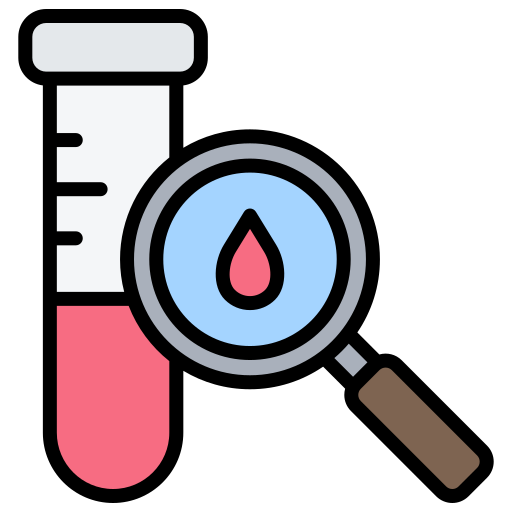
Oestrogen Blood Test
An oestrogen blood test measures the levels of oestrogen hormones in your blood. It helps diagnose hormonal imbalances, menstrual disorders, and fertility issues, and monitors treatments for conditions like menopause or certain cancers. Regular testing ensures proper hormone regulation and overall reproductive health.

Prostate Specific Antigen (PSA) Test
A prostate-specific antigen (PSA) test measures the level of PSA in the blood. Elevated PSA levels can indicate prostate cancer, benign prostatic hyperplasia, or inflammation of the prostate. This test is essential for early detection and monitoring of prostate health, helping guide treatment decisions and management strategies.

Testosterone Blood Test
A testosterone blood test measures the level of testosterone in your blood. It helps diagnose conditions related to hormonal imbalances, such as hypogonadism, infertility, and erectile dysfunction in men, and hirsutism or polycystic ovary syndrome (PCOS) in women. Regular testing ensures proper hormone regulation and overall health.
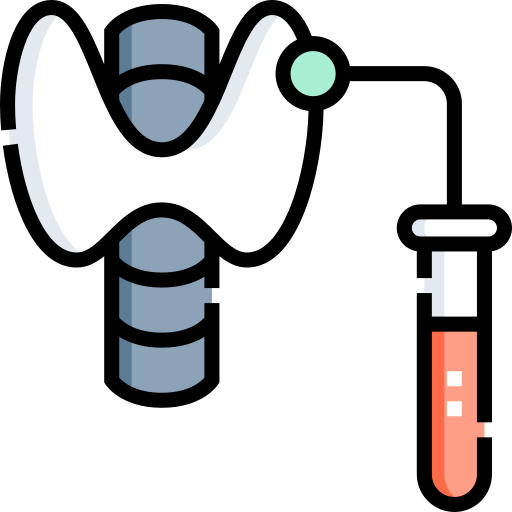
Thyroid Function Tests
Thyroid function tests measure levels of thyroid hormones (T3 and T4) and thyroid-stimulating hormone (TSH) in your blood. These tests help diagnose thyroid disorders such as hypothyroidism and hyperthyroidism and monitor treatment effectiveness. Regular testing is crucial for detecting imbalances, ensuring proper thyroid function, and maintaining overall metabolic health.
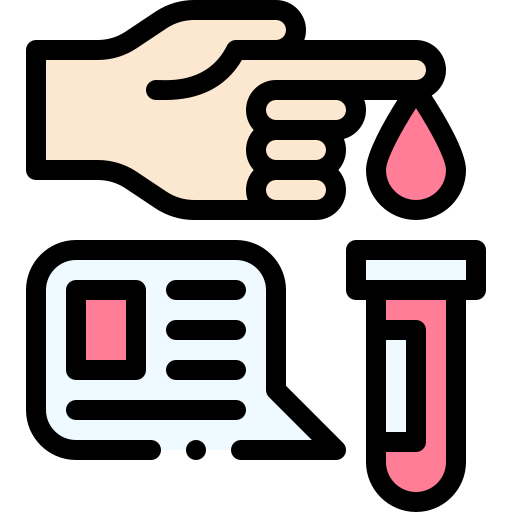
Troponin Blood Test
A troponin blood test measures the levels of troponin proteins in your blood, which are released when the heart muscle is damaged. It is primarily used to diagnose heart attacks and other cardiac conditions. Elevated troponin levels indicate heart injury, making this test essential for timely diagnosis and treatment.
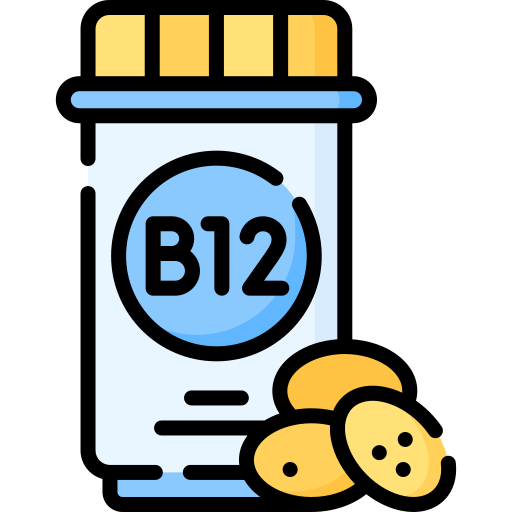
Vitamin B12 Test
A vitamin B12 test measures the level of vitamin B12 in your blood. This test helps diagnose deficiencies that can lead to anemia, neuropathy, and cognitive issues. It is crucial for assessing overall health, especially in individuals with symptoms of deficiency or those at risk due to dietary restrictions or certain medical conditions.

Vitamin D Test
A vitamin D test measures the level of vitamin D in your blood. It helps diagnose deficiencies that can lead to bone disorders like osteoporosis and rickets. This test is essential for maintaining bone health and overall well-being, especially in individuals with limited sun exposure or dietary intake of vitamin D.

